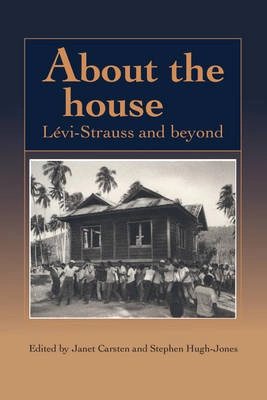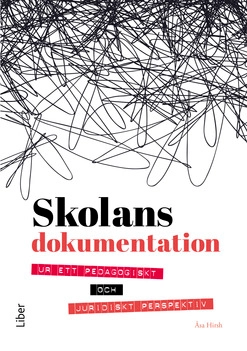

About the house : Leví-Strauss and beyond
- Utgiven: 1995
- ISBN: 9780521479530
- Sidor: 316 st
- Förlag: Cambridge University Press
- Format: Häftad
- Språk: Engelska
Om boken
Åtkomstkoder och digitalt tilläggsmaterial garanteras inte med begagnade böcker
Mer om About the house : Leví-Strauss and beyond (1995)
1995 släpptes boken About the house : Leví-Strauss and beyond skriven av Janet Carsten, Stephen Hugh-Jones. Den är skriven på engelska och består av 316 sidor. Förlaget bakom boken är Cambridge University Press.
Köp boken About the house : Leví-Strauss and beyond på Studentapan och spara pengar.
Referera till About the house : Leví-Strauss and beyond
Harvard
Oxford
APA
Vancouver



















